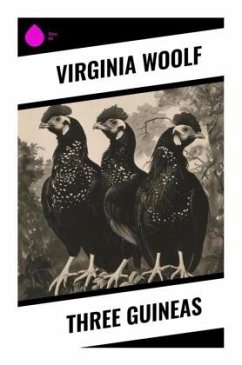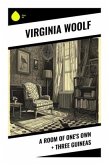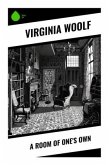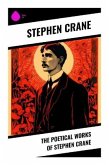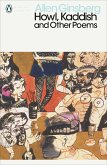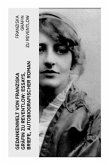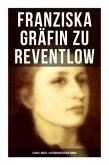In "Three Guineas," Virginia Woolf explores the intersections of gender, education, and war through a strikingly original narrative that combines essay and fiction. Written in response to the rise of fascism, Woolf presents a powerful critique of patriarchal structures and the socio-political landscape of early 20th-century England. The book is notable for its unconventional use of the epistolary form, wherein Woolf addresses an imagined male interlocutor, invoking a conversation that transcends the limitations of her era's gender norms. Through this intricate style, she not only advocates for women's intellectual emancipation but also interrogates the societal complicity that underpins militarism and oppression. Virginia Woolf, a central figure of the modernist literary movement, was deeply influenced by her own experiences of gender discrimination and the turbulence of her time. Having faced the impacts of World War I and the subsequent shifts in social structures, Woolf wrote "Three Guineas" as an urgent plea for a reimagined world where women's voices are integral to the dialogue on power and peace. Her own advocacy for women's rights enriched her perspective, leading her to explore themes that resonate beyond her historical context. "Three Guineas" is essential reading for those interested in feminist literature, history, and critique of societal norms. Woolf's eloquence and incisive analysis not only illuminate the constraints imposed on women but also inspire readers to reflect on ongoing struggles for equality. This work remains a cornerstone in feminist discourse, encouraging a thoughtful examination of contemporary issues related to gender and power.
Bitte wählen Sie Ihr Anliegen aus.
Rechnungen
Retourenschein anfordern
Bestellstatus
Storno

